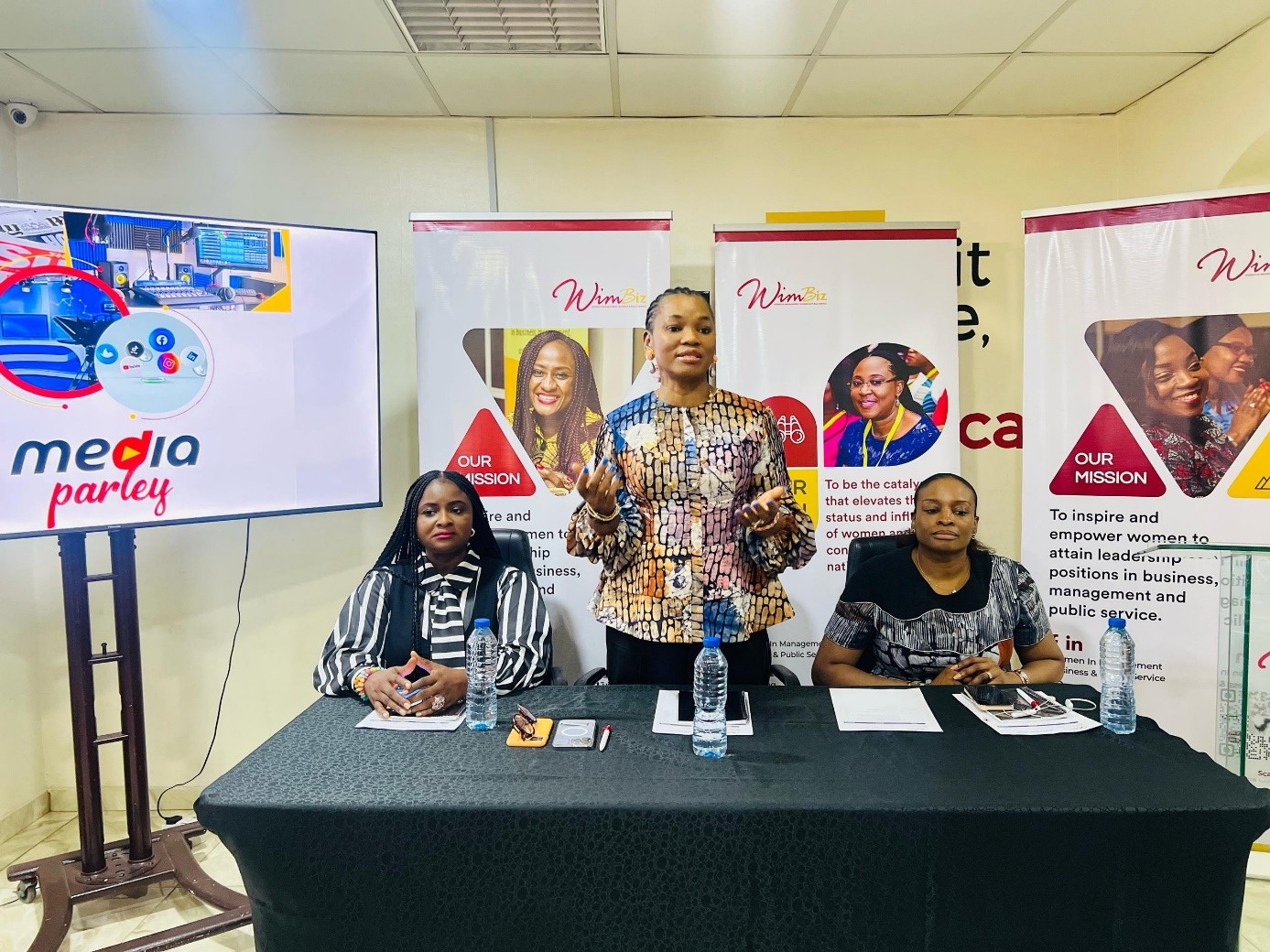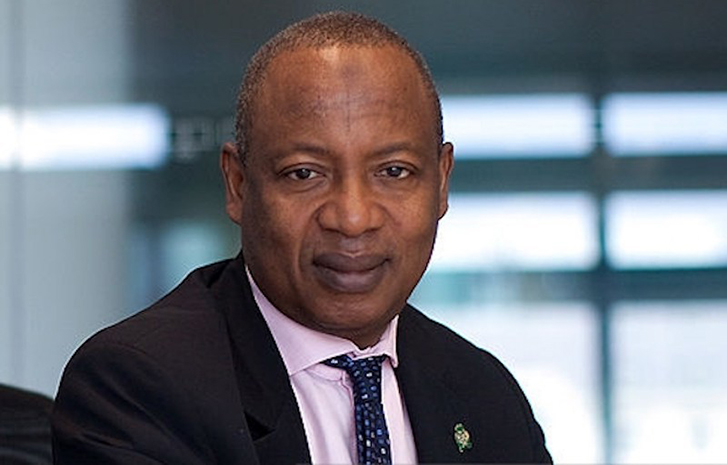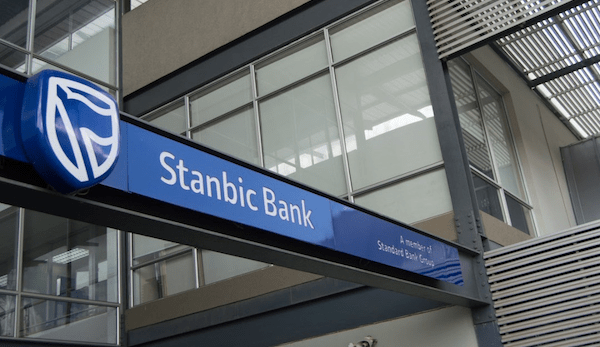Miyetti Allah Cattle Breeders Association of Nigeria (MACBAN), the umbrella body of cattle herders in Nigeria, has commended President Bola Tinubu for appointing Mr. Tosin Ajayi as Director General of the Department of State Services (DSS), describing the appointment as one of the best by the administration.
In a statement signed by its National President, Baba Othman Ngelzarma, MACBAN thanked President Tinubu for creating the Federal Ministry of Livestock Development, saying it was a fulfillment of one of his campaign promises to the body and would greatly improve the livestock industry in Nigeria.
It said the DSS handling of the security situation in Plateau, Benue and other states was with outmost professionalism and deserved commendation.
MACBAN’s statement came a few days after the Plateau State government praised the DSS for being it’s most reliable partner in fighting insecurity in the state. Plateau state government said the DSS helped solved several security problems in the state.
The body charged other security agencies to learn from the way the new DSS leadership has been stepping in to secure life and property, saying it was impressed by efforts by the DSS DG to investigate the root cause of the problems across the states.
Said MACBAN, “We salute the professionalism with which the DSS has been handling the delicate security challenges in Plateau, Benue and several other states.
“Only recently, the DSS DG averted what would have been a very serious security crisis in Enugu State where nine young Fulani men were murdered in cold blood and their corpses dumped in the bush.
“It took painstaking efforts by Mr. Ajayi to help douse tensions.
“We are encouraged by the DG’s belief that there cannot be peace without justice. We are happy that he’s been warding off political pressures to paint law-abiding Fulani herdsmen with the same brush used to paint terrorists and criminals.
“To be sure, there are criminal elements as well as good persons among all races and tribes. We are happy that, under Mr. Ajayi, the DSS has been able to draw the line between criminality and law-abiding Fulani herdsmen who break sweat to earn decent living,” noted MACBAN, adding, “we urge other security agencies to take a cue from the DSS.”
According to the largest body of cattle herders in Nigeria, over 20 percent of its members, and four million heads of cattle, have been forced by insecurity to flee Nigeria, with hundreds of families displaced.
The exodus of herders, noted the group, had raised the cost of beef, the cheapest meat source in Nigeria. MACBAN promised to cooperate with federal and state governments as well as support security agencies to help restore peace to boost businesses and agricultural economic activities.





